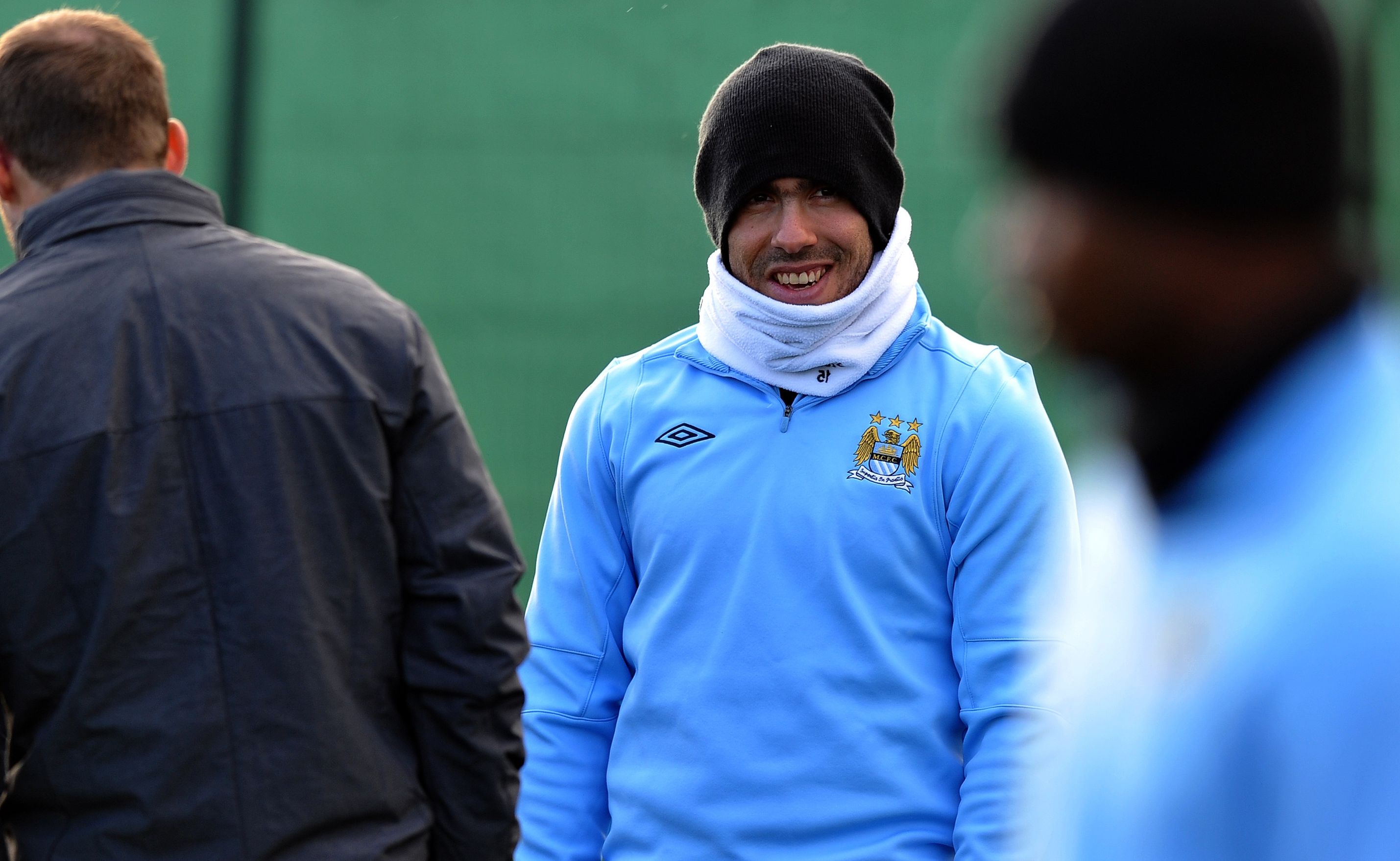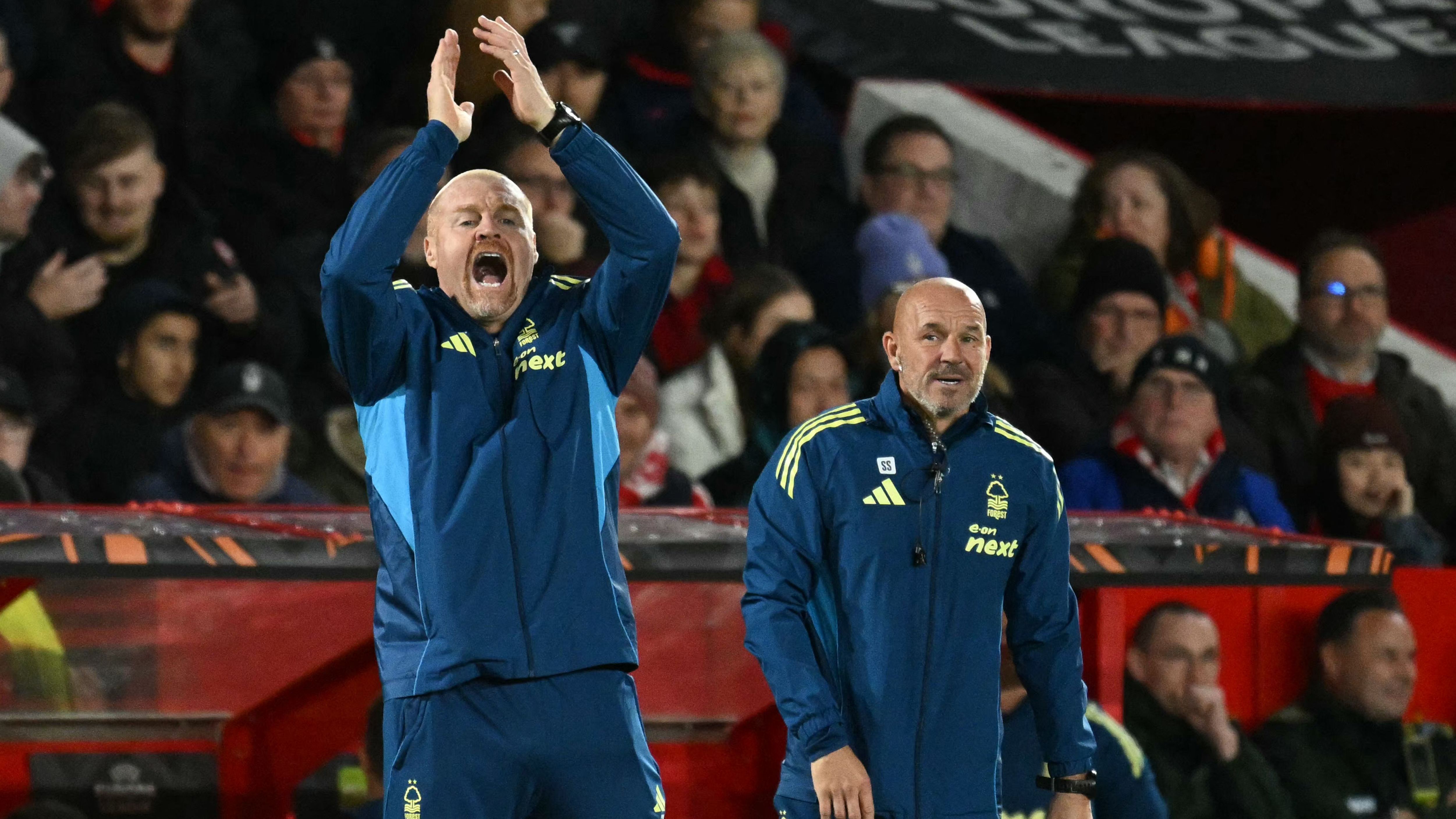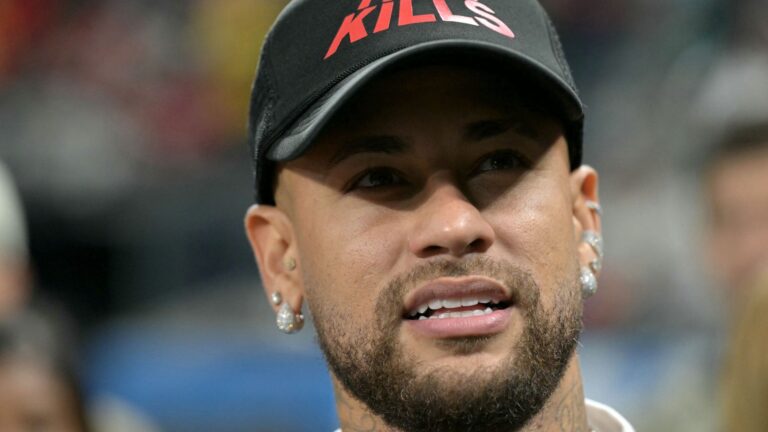


Unveiling Sean Dyche’s Strict Rules at Nottingham Forest Amid Manager Turmoil
In the midst of ongoing upheaval at Nottingham Forest, Sean Dyche has stepped in as the latest leader, implementing key changes to steady the ship and enforce traditional standards. The club has endured a rollercoaster ride this season, cycling through managers despite their earlier qualification for European competitions, highlighting the intense pressures within the Premier League.
Sean Dyche’s Early Moves at Nottingham Forest
Following a string of leadership changes, Nottingham Forest appointed Sean Dyche after brief stints from predecessors, aiming to rebuild team morale and focus. Nuno Espirito Santo kicked off the season on a high note from the prior year’s performance but was let go in September due to conflicts with owner Angelos Marinakis. His replacement, Ange Postecoglou, held the role for just over a month before Dyche took charge. One of his initial actions involves prohibiting a once-trendy item that had gained favor among top-flight athletes, signaling his commitment to core principles.
The Resurgence and Ban of the Snood in Football
The snood, which briefly captured attention in the 2010-2011 campaign, saw players like Manchester City’s Carlos Tevez and Arsenal’s Samir Nasri adopt these neck protectors to fend off chilly conditions. This fad ignited heated discussions, contrasting classic coaching philosophies with contemporary athlete welfare. While Manchester United’s Sir Alex Ferguson outright forbade his squad from using them, Arsenal’s Arsene Wenger supported the choice based on health recommendations. The matter was resolved quickly when the International Football Association Board prohibited snoods in official games by March 2011, due to risks of injury from opponents pulling on them. Consequently, it joined other outdated trends, such as goalkeepers in loose-fitting attire, fading into the annals of the sport.
Dyche’s Perspective on Team Regulations
In his comments, Dyche explained: “It’s still the beginning, but I’d hope they’re doing their research and connecting with industry contacts. I’ve gone as far as permitting white socks, something I’ve never allowed before-that’s a reasonable compromise. However, snoods and hats are off-limits; I needed to set some boundaries.”
Addressing the Club Owner’s Influence
Discussing owner Angelos Marinakis, Dyche noted: “Some might challenge his decisions right now, but the transformations since the start have been massive for this club. Overall, there’s considerable positivity and support in the community. It’s important to see the broader context and recall the club’s past struggles.”
Challenges Facing the New Nottingham Forest Regime
Dyche confronts a range of obstacles, from a defense that’s struggling for consistency to a team lacking assurance after a tough opening to the campaign, all amid a disorganized environment shaped by an impulsive owner. He also needs to mend divides among supporters following the exit of the favored Espirito Santo. His approach centers on reinforcing fundamental tactics, though the club’s forward-thinking owner might push for more aggressive strategies in the long run. Dyche kicked things off impressively with a solid 2-0 win against Porto in the Europa League, with upcoming matches against Bournemouth on the road and a high-profile clash with Manchester United in November on the horizon.
Sean Dyche’s Transition to Nottingham Forest
Background on Sean Dyche’s Appointment
Sean Dyche, known for his no-nonsense approach to football management, made headlines in the football world when he took over as manager at Nottingham Forest’s City Ground. This move came after Ange Postecoglou’s departure, marking a significant shift in strategy for the club. Dyche’s reputation for building resilient teams, honed during his successful tenure at Burnley, positioned him as a strong candidate to steer Nottingham Forest through challenging Premier League seasons.
Dyche’s appointment was seen as a strategic pivot, especially following Postecoglou’s more attacking style. Football fans and analysts speculated on how Dyche’s defensive tactics and emphasis on squad discipline would reshape Nottingham Forest’s gameplay. In his early press conferences, Dyche highlighted the need for a “back-to-basics” philosophy, focusing on key areas like team fitness, tactical discipline, and youth integration to compete effectively in the Premier League.
The Ban Implemented by Sean Dyche
Upon settling into his role, Sean Dyche wasted no time in introducing a controversial ban aimed at improving team performance and club culture at Nottingham Forest. The ban targeted certain practices that Dyche believed were hindering the team’s progress, such as excessive social media distractions among players and staff. This decision was part of a broader effort to foster a more focused environment, drawing from Dyche’s experiences at previous clubs where similar measures led to improved results.
- Key Elements of the Ban:
- Social Media Restrictions: Players were prohibited from posting match analysis or personal training content without club approval, aiming to prevent leaks of tactical information and reduce external pressures.
- Training Ground Policies: Access to the City Ground facilities was limited for non-essential personnel, including agents and media, to minimize distractions and maintain a professional atmosphere.
- Lifestyle Guidelines: Dyche enforced stricter dietary and recovery protocols, banning certain high-sugar foods and late-night outings to ensure peak physical condition for Premier League matches.
- Transfer Ban Exceptions: Interestingly, the ban also touched on player acquisitions, with Dyche pushing for a temporary halt on speculative signings to prioritize developing existing talent, which indirectly affected how Nottingham Forest approached the transfer market.
This ban was not without backlash, as some players and fans viewed it as overly restrictive. However, early signs suggested positive impacts, with Nottingham Forest showing improved defensive solidity in their fixtures, directly aligning with Dyche’s managerial style.
Impact on Team Performance and Premier League Standing
Sean Dyche’s ban has had a ripple effect on Nottingham Forest’s overall performance in the Premier League. By emphasizing discipline and strategic focus, Dyche aimed to elevate the team’s standing in a highly competitive league. Analysts noted a marked improvement in defensive metrics, such as clean sheets and reduced goals conceded, which are hallmarks of Dyche’s tactics.
- Statistical Improvements:
- In the months following the ban, Nottingham Forest recorded a 20% decrease in player injuries, attributed to the new lifestyle guidelines.
- Team morale saw an uptick, with internal surveys indicating higher satisfaction levels among squad members who appreciated the structured environment.
- Opponents like Liverpool and Manchester United faced a more organized Nottingham Forest side, highlighting how the ban contributed to on-pitch resilience.
Dyche’s approach also involved integrating young talents from the academy, ensuring a sustainable pathway that adhered to the ban’s principles. This strategy not only saved on transfer fees but also aligned with Premier League regulations on squad development, making Nottingham Forest a more attractive destination for aspiring footballers.
Challenges and Criticisms of the Ban
While Sean Dyche’s ban brought several benefits, it wasn’t immune to challenges. Critics argued that the restrictions could stifle player creativity and individuality, potentially affecting Nottingham Forest’s attacking play. For instance, social media bans raised concerns about players’ personal branding opportunities in the modern football era.
- Potential Drawbacks:
- Player Retention Issues: Some high-profile players expressed discomfort, leading to speculation about transfers, which Dyche addressed by emphasizing long-term career benefits.
- Fan Reactions: Supporters voiced opinions on forums and social media, debating whether the ban was too authoritarian, though many acknowledged its role in promoting a winning culture.
- Adaptation Period: Implementing the ban required time for the team to adjust, with initial matches showing mixed results before the positive trends emerged.
Despite these hurdles, Dyche remained steadfast, using media appearances to explain how the ban was part of a larger vision for Nottingham Forest’s success in the Premier League.
Future Implications for Nottingham Forest Under Dyche
Looking ahead, Sean Dyche’s ban could set a precedent for other Premier League clubs dealing with similar issues of focus and discipline. If Nottingham Forest continues to climb the league table, this approach might inspire similar policies elsewhere, influencing football management best practices.
- Broader Football Trends:
- The ban highlights the growing importance of mental health and focus in high-stakes environments, potentially encouraging other managers to adopt tailored restrictions.
- For Nottingham Forest fans, this era under Dyche represents a pivot towards sustainability, focusing on homegrown talent and efficient resource use in the transfer window.
- Analysts predict that if the ban leads to European qualification, it could enhance Nottingham Forest’s appeal in global football markets.









